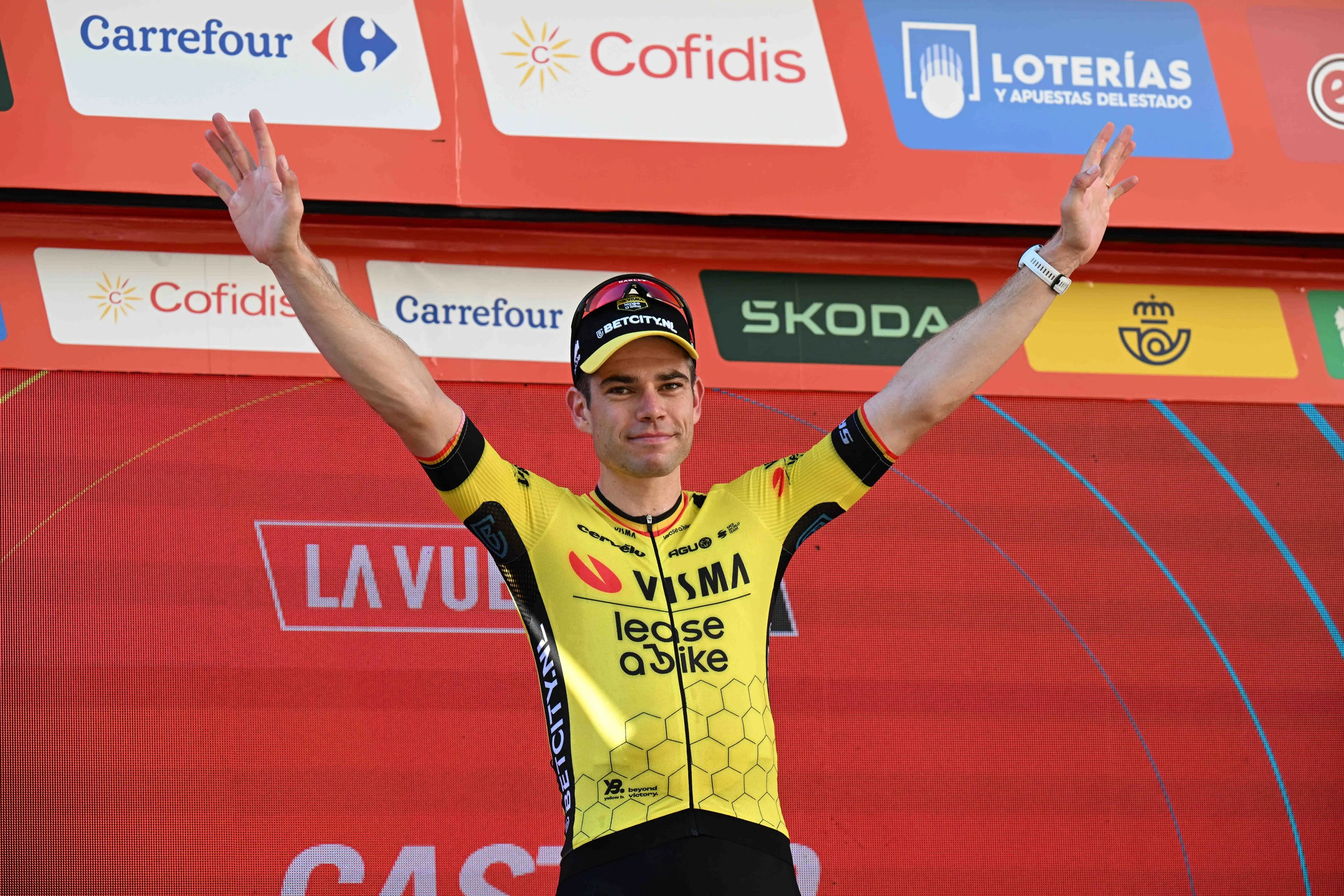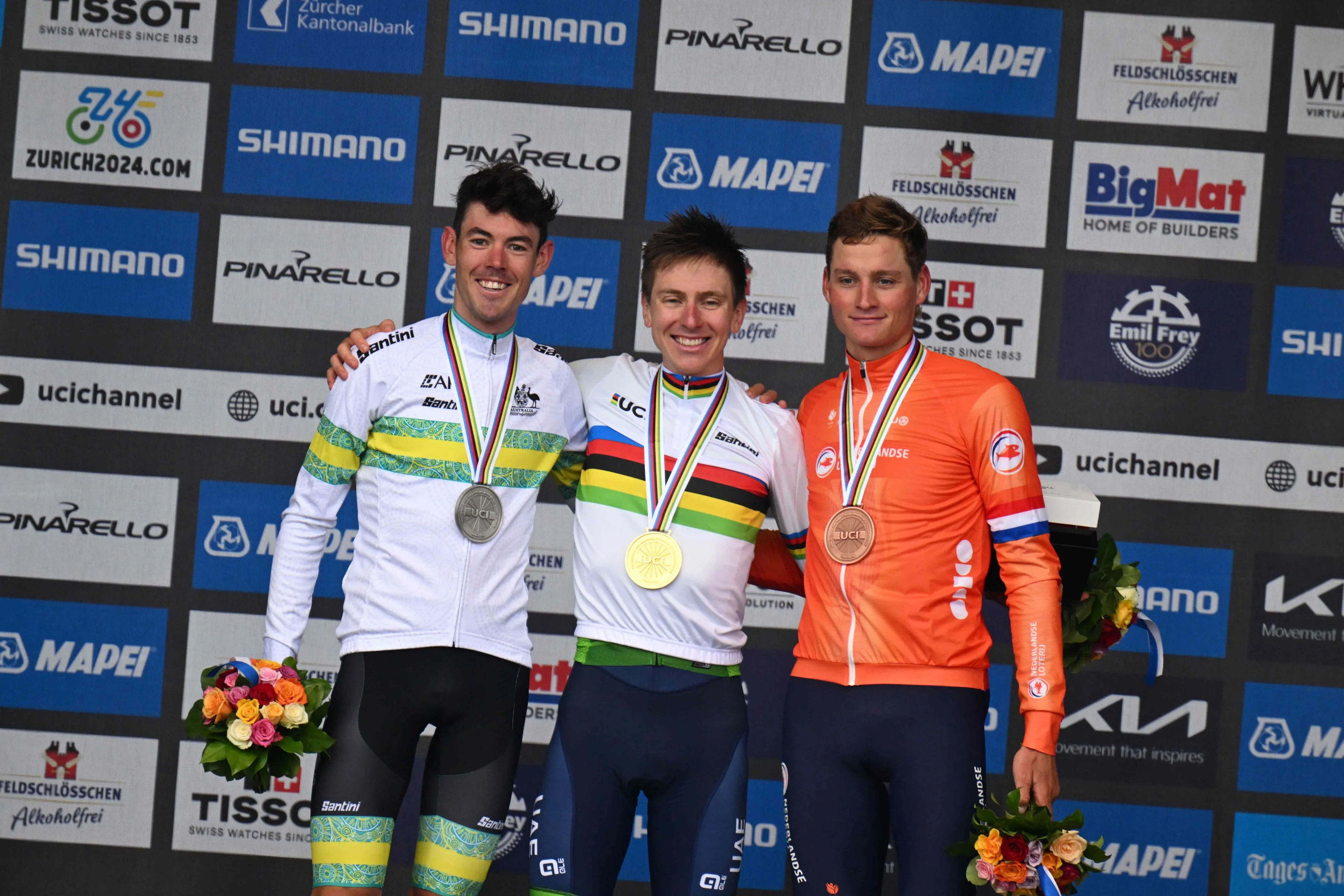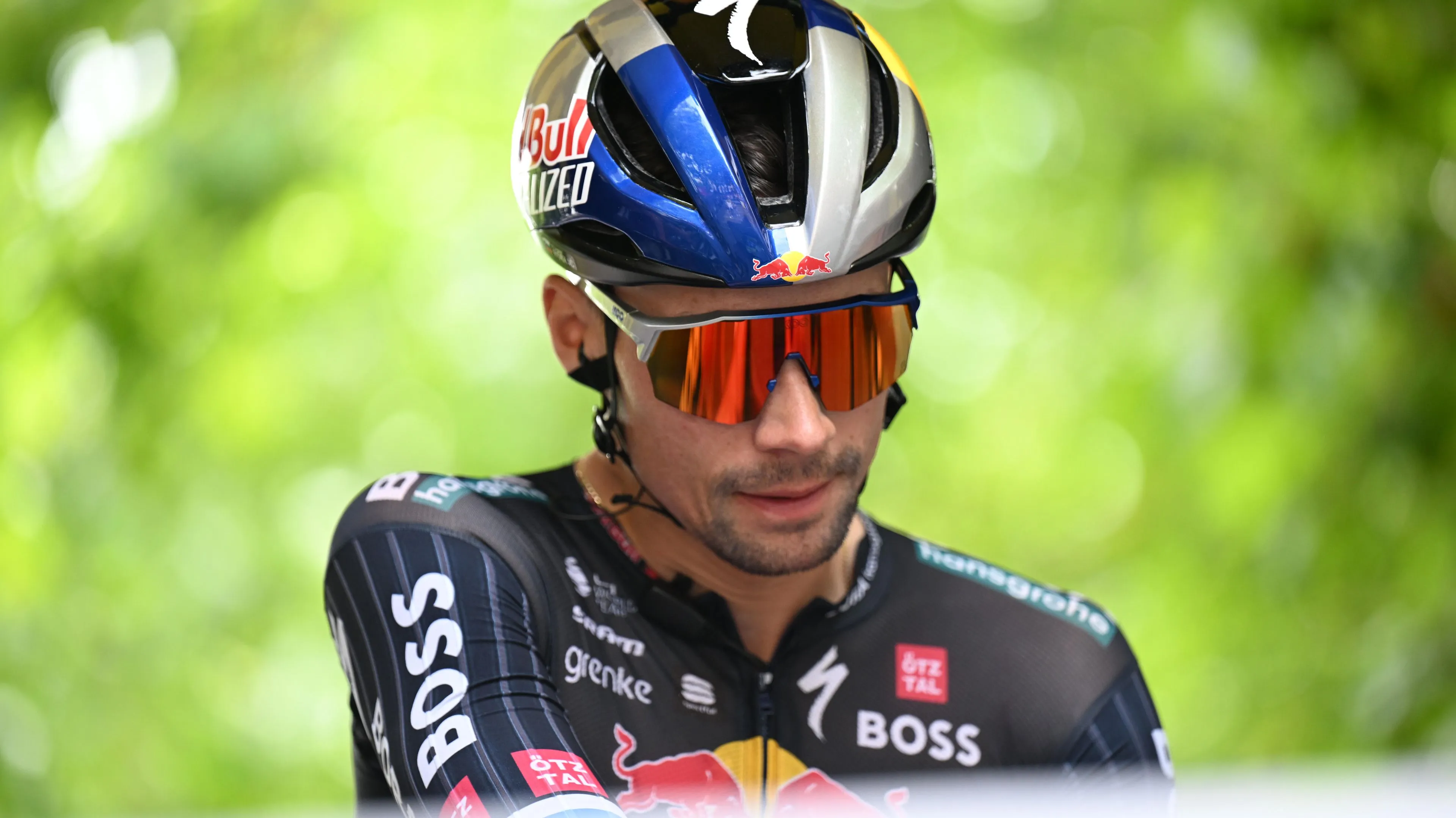Evenepoel and Van Aert lose financial benefits from Belgian federation, UCI may come for UAE and co as well
CyclingWednesday, 23 October 2024 at 17:04
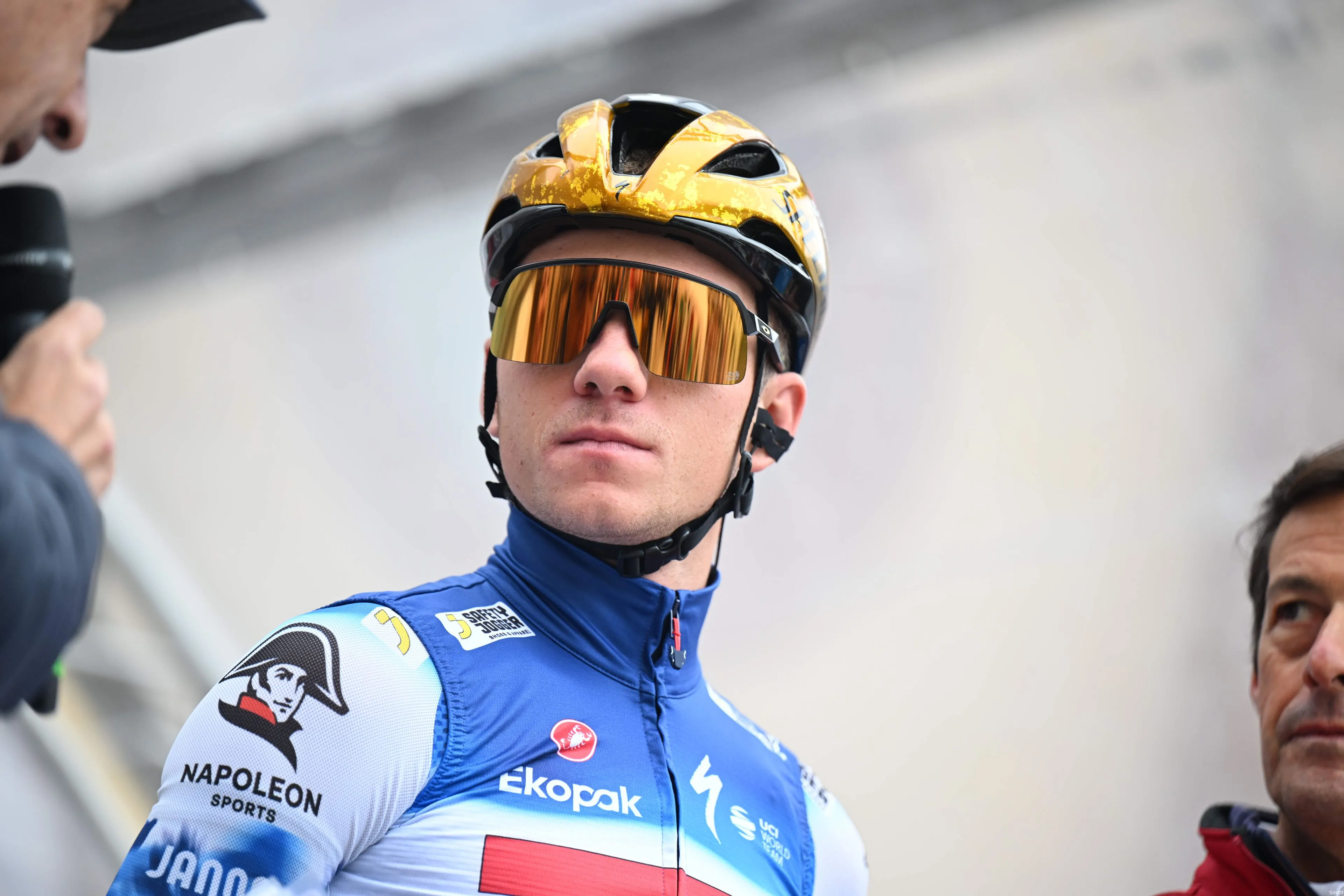
The big names in cycling may be hit hard in the wallet. Stars like Tadej Pogacar, Mathieu van der Poel, Wout van Aert, and Remco Evenepoel have huge contracts because of their performances, but the UCI wants to stop that. In addition, the Belgian Cycling Federation has made a decision.
Indeed, Belgian Cycling has made a financial decision: no more bonuses for Belgian cyclists who win a medal at a tournament. Someone like Evenepoel had to be paid substantially in recent years after all his world and Olympic titles. That went to extremes, according to CEO Nathalie Clauwaert. "Between 2019 and 2023, there was a threefold increase in the number of medals. And therefore also of the number of premiums we had to pay," according to Sporza.
According to Clauwaert, the current premium set-up is no longer feasible for the federation, where financial savings must be made. It's a blow for Belgian athletes who are paid by their teams, but that is not a big sum for everyone. "It is a measure we have agreed internally with the riders and national coaches. We know it is not a popular decision, but we could still count on understanding."
Also, according to Clauwaert, the reduced premiums are due to increasing costs for cycling federations. "I also speak with fellow federations struggling to run their national programs. There are several reasons for this. One is an increase in the cost of hotel stays and flights. Labor costs have also increased, and the sport has been internationalized. Nowadays, we often have to travel much further - just think of the World Championship in Wollongong. That all has its price, of course."
Read more below the photo.
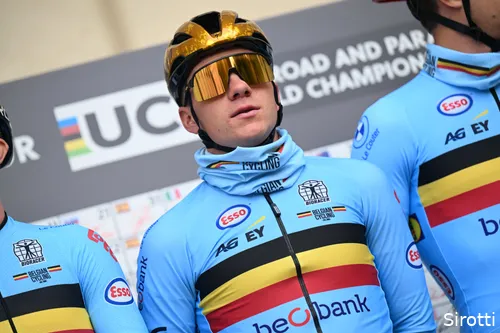
Remco Evenepoel gave Belgium many successes in recent years
UCI considers salary cap
It's a setback for Belgian medal contenders such as Evenepoel, Van Aert, Tim Merlier, Jasper Philipsen, and so on. However, brainstorming by the International Cycling Federation UCI could have even more significant consequences for them. Escape Collective writes that a so-called salary cap is being considered. PwC researched the possibilities, and, according to them, a kind of "luxury tax" could work for cycling.
This would involve wealthier teams paying "tax" on the salary budget that exceeds the agreed salary cap. For example, a team like UAE Team Emirates might be able to pay one Pogacar but not gather 10 other superstars around him. That money will then flow back through the cycling federation to the smaller teams in the peloton. This will create more balance, although the big question is whether the teams with more money will get their sponsors, in a sponsor-funded sport, to pay money that is only partially intended for the team riding around with their name on their chest.
Richard Plugge, CEO of Visma | Lease a Bike, expressed his doubts in conversation with
the same website. "I am not against a cap, although I don't know what limit I prefer. Right now, I mainly feel that cycling has bigger problems than this. That is safety. We received a letter from the UCI a week ago, which didn't say a word about safety or the incident at the World Championship," he said, referring to the death of junior Muriel Furrer after a crash in Zurich. "In my opinion, that's what we should focus on."
Read also
IDL-productions

Sanremo, a world title and the yellow jersey: Michael Matthews escaped death - and that reignited his spark
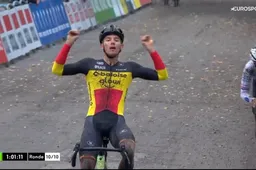
Unlike road colleagues Van der Poel or Van Aert, Nys rides twice as many cyclo-crosses: 'He doesn't want to ride only ten cyclo-crosses'
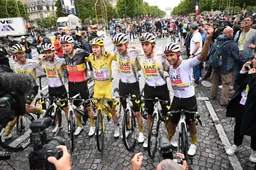
95 (or was it 97?) wins and a new record year, but losing that one race still hurts UAE Team Emirates - XRG

Former cyclocross world champion recalls wonderful memories of young Nys: "Back then we thought: that's not going to work out"

There was smoke so there was fire, but in 2026, how will Lidl-Trek make sure that fire doesn't flare up again?
Latest Cycling News
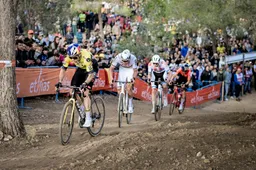
National coach on first duel Mathieu van der Poel vs. Wout van Aert

Day after tough comeback in Namen, Mathieu van der Poel is already showing his skills again
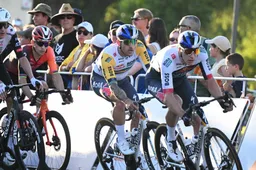
INEOS Grenadiers pleased to announce Sam Welsford: ''When we have sprinters, they’ve been pretty successful''
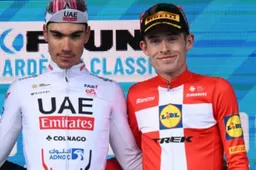
Skjelmose regrets statements about 'fellow nerd' Ayuso: 'I told him I was sorry'
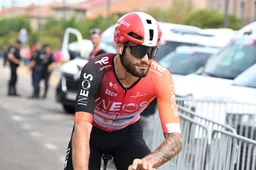
'Filippo Ganna knows ambitions for 2026: big races ahead for Italian'
Popular Cycling News
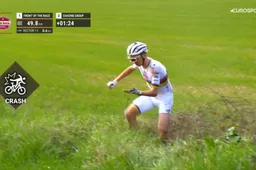
'I still clearly remember him lying on the ground, gasping for breath': Pogacar is often very lucky, but not always
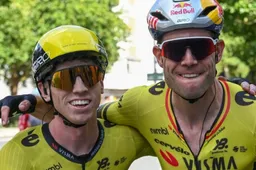
Brennan stands up for Van Aert and deliberately did not choose Van der Poel's wheel in Roubaix: "Way too skilled for me"

Former Movistar teammate was already suspicious of Lazkano: 'When it smells like shit, sometimes, its just shit'

National coach on first duel Mathieu van der Poel vs. Wout van Aert
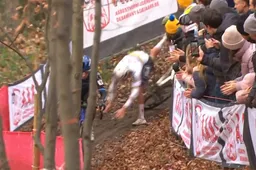
Even with Van der Poel, something can go too fast; world champion has indicated he wants a different approach for cyclocross winter
Latest Comments
- Those events are mental rest for him. Fun, without expectations. *Sagan lost his abilities because he gained weight and got lazy. Pogi will likely retire before that has a chance at happening.Veganpotter14-12-2025
- Ah, the consequences of riding for Israel.Veganpotter11-12-2025
- Pidcock could follow everyone but Pogi while finishing 3rd. No second place rider this season😃Veganpotter16-11-2025
- Now the Palestinian protestors can stop their whining. Trump came to the rescue. So they can now STFU and go back to waving the rainbow flags.raufus15-10-2025
- Cracked the code lol. If it was that easy to 'crack the code' jonny Vegas would be charging up the Kwaremont giving Pog a dose of his medicine. Evenepoel can't match pog on a climb and neither can mvdp. Anything with a half difficult climb and Pog smashes the field. Even on flat(ish)parcours like Roubaix it came down to a mistake and crash by pog to definitively crown mvdp. MSR is the only one that Pog probably won't win.kevpt10-10-2025
- We've seen this movie before. I think Pogacar is doping.DeadBlow10-10-2025
- 👍Bea08-10-2025
- 👌🏻Bea08-10-2025
- What the data doesn't show is how much of an effect drafting had for evenepoel. Pogacar went with del toro at 100km whilst Evenepoel was still in the bunch. Despite the bike changes he still had a lot of assistance getting back to the bunch. Pogacar then rode 60km solo whilst evenepoel rode with Healy/Skjelmose until going solo in thd last 10-15km. Thats ~20% less power / energy requirements for 45-50km. Apples and oranges...kevpt30-09-2025
- 👏👏Bea24-09-2025
Loading
